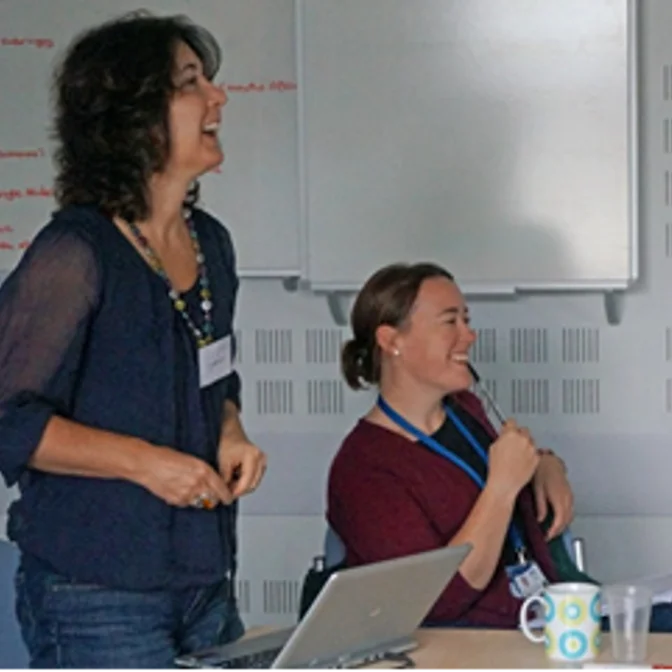Current Research Fellows
- Rahee Mapara – Differential experience of workplace-based assessments in surgical training (for PhD, Glasgow)
- Anna Kieslich – Developing an integrated curriculum for robotic surgical training (for PhD, Aberdeen)
- Emudiaga Emanuwa – Video-assisted coaching in communication skills for surgeons (for PhD, Edinburgh)
Previous Research Fellows
Adarsh Shah
PhD Aberdeen | 2023
Adarsh came "out-of-programme" from the West Midlands for education research with us from 2019 to 2022, funded by an NES grant.
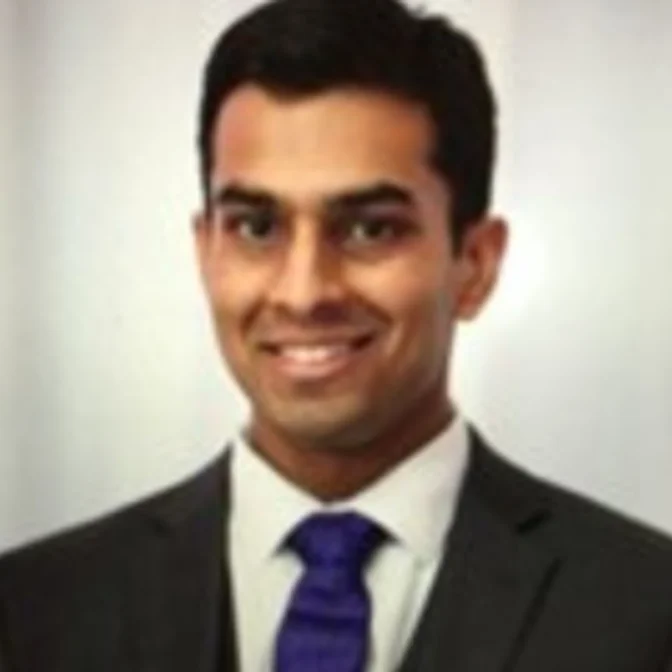
Saskia Clark-Stewart
MSc Edinburgh | 2023
Saskia undertook her MSc project with us while she was a Medical Education research fellow in NHS Lothian, after completing two years of Core Surgical Training in the East of Scotland.

Rachel Falconer
PhD Aberdeen | 2022
Rachel came "out-of-programme" from Vascular and General Surgery training in the North of Scotland programme from 2018 to 2021, funded by an NHS Highland Clinical research fellow salary.
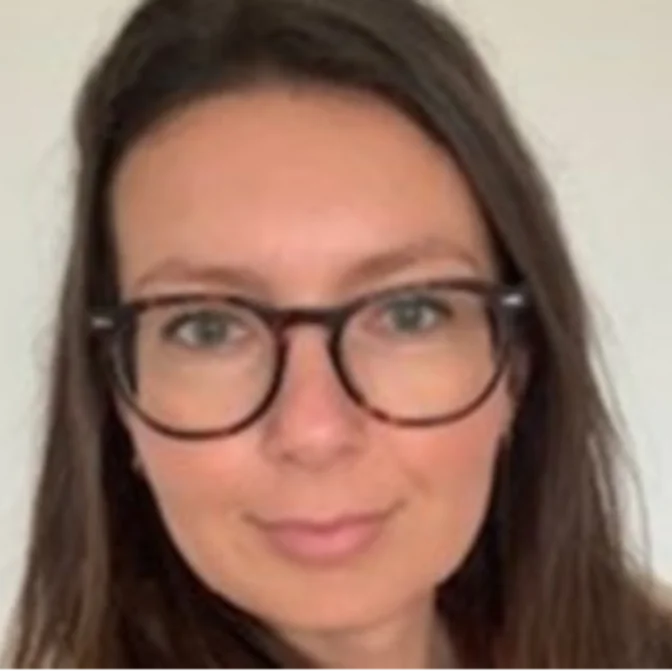
Vivienne Blackhall
PhD Aberdeen | 2019
Vivienne came "out-of-programme" from the West of Scotland General Surgery training programme from 2015-2018 to undertake a multi-centre qualitative study of the barriers and facilitators to trainee engagement with take-home laparoscopy simulation.
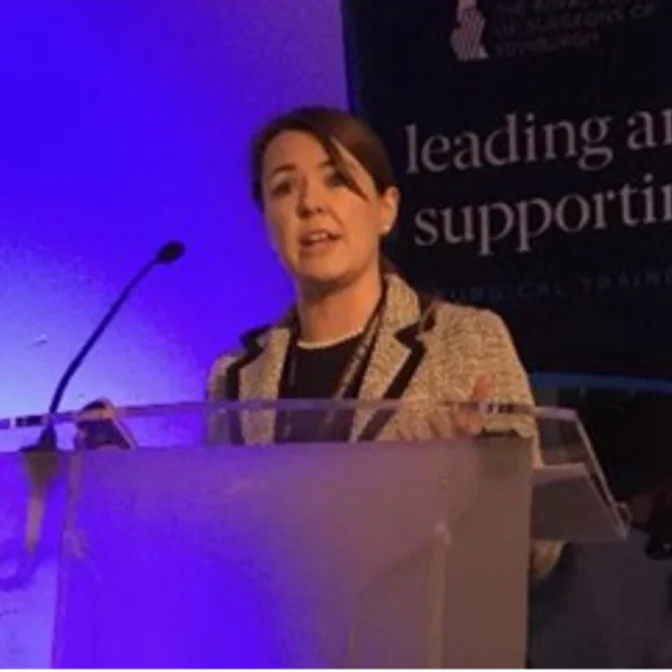
Aliasger Amin
MMedEd Newcastle | 2017
While a Specialty Trainee in General Surgery in Inverness, Ali undertook the first round of feasibility studies on the iView Expert technique as a project towards his MMedEd from the University of Newcastle.
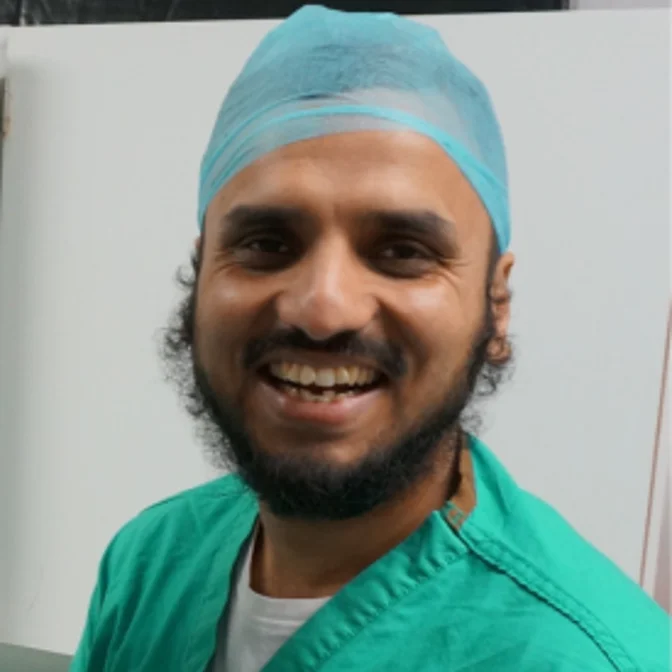
Laura Nicol
MSc Edinburgh | 2016
Laura came "out-of-programme" for a fellowship post with NHS Highland and a Master’s degree in Surgical Science from the University of Edinburgh.
